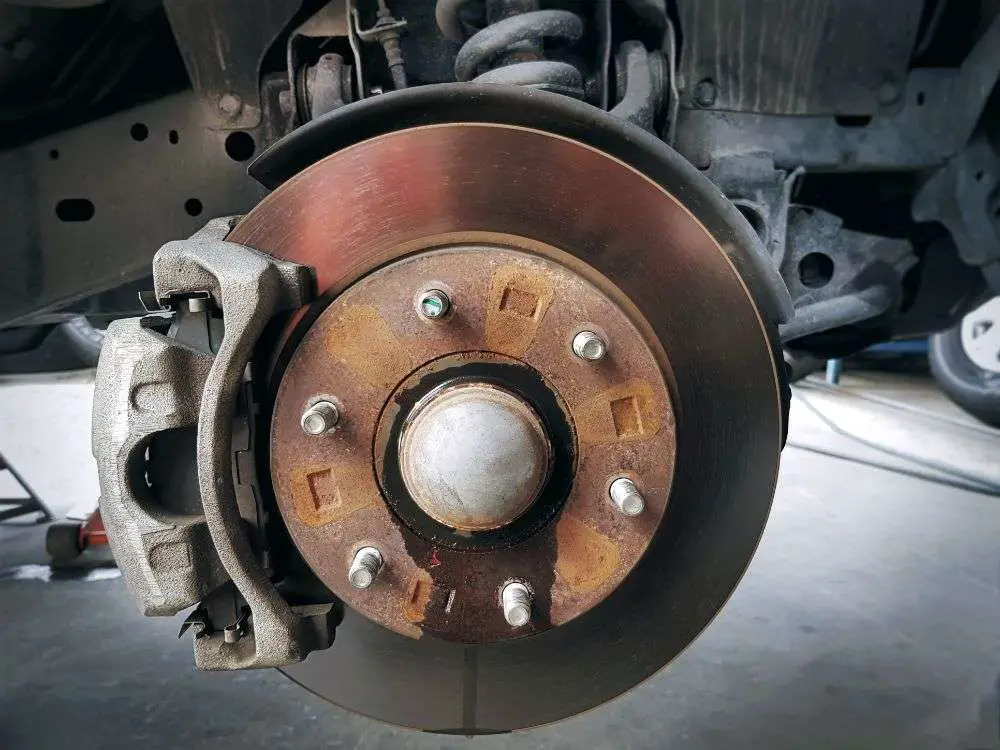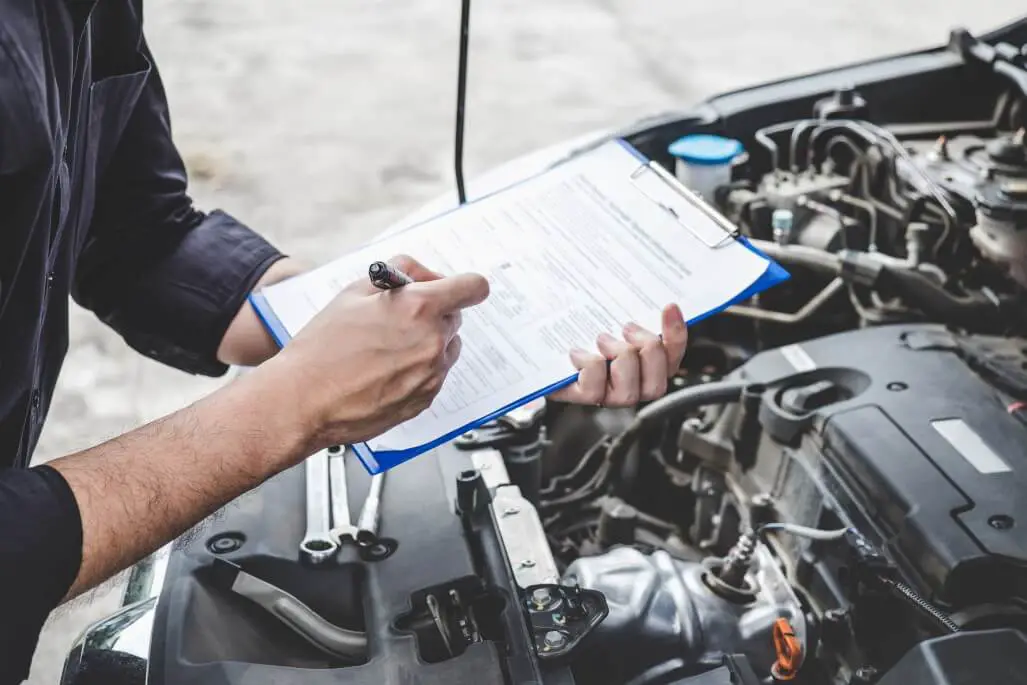Oil changes, tire rotations, and regular checkups for tire pressure and air pressure are just a few of the most important car maintenance you should do regularly.
You undoubtedly already know that maintaining your car in good working order is crucial to your safety on the road. Nonetheless, if you are just starting out as a motorist, it is possible that you will miss some of the more obvious signs that it is time to perform some necessary maintenance.
Why care about car maintenance?
Regular tune-ups and car washes can help prevent rusting and keep your car looking good. However, the most important maintenance that should be done on a car is to make sure all of its systems are in good working order. This includes the engine, brakes, steering, and suspension.
If you’re not convinced, consider the following:
- Your car’s safety depends on having its tires properly inflated. If your tire pressure drops too low, it may cause an accident or put undue stress on other parts of your vehicle.
- If you have a flat tire, it’s important to change the entire thing rather than just patching up the hole with an air-filled tube or canister of sealant. Doing so may cause future problems and possible accidents because air pressure is not distributed evenly across all four tires when they are inflated in this manner.
- You’re already aware that you should keep an eye on your car’s fuel level. However, did you know that driving for too long with less than a half tank can harm the engine function and cause issues?
What are the most important maintenance your car needs?
Oil Change
Oil changes are important for the health of your engine. The various components inside each vehicle will move seamlessly without any friction if oil stays at an optimal level, but over time it does get dirty.
Oil needs changing every 5,000-8,000 km or so depending on what the manufacturer suggests in their owner manual about servicing them.
Check tire pressure and rotation
Your tires are an essential component of the driving experience. They keep you connected to the road, allowing for safe turn-in acceleration and braking – but only if they’re in good condition!
When it comes time to replace your oil or have any other repair done on these babies (alignment included), make sure that all work is done by a professional because faulty steering can lead to even more troubles down this slippery slope when it comes to traction.
You should also check your tire pressure regularly in order to ensure the car’s stability while moving in both directions along with straightening up angles as needed.
Check battery health
You can’t be too careful when it comes to your vehicle’s battery. A dead one may leave you stranded anywhere, and they’re especially sneaky because there are no signs or symptoms that yours will eventually die on them!
Don’t expect your battery to last longer than 5-6 years; most batteries only survive around 3-5 years before they need to be replaced, so check on them frequently; if the voltage begins to drop significantly, it’s time for new ones.

Check if brake pads are worn down
Your brakes are what keep you safe when driving. They’re responsible for bringing the car to a stop.
Most vehicles use disc-shaped pads made out of ceramic that press against metal discs in order to make this happen. The wear from these materials will cause them to need replacing over time too – so always check your thickness levels on a regular basis as well changing up replacements right away if needed.
The condition of your air hoses and belts
Driving an older car means you must pay more attention to its maintenance. Air hoses and timing belts generally last up 100,000 km or so but can become a concern after that point.
This is due, in part, to the fact that they are not as well taken care of by their owners. Every time you change the oil, make sure to inspect your timing belts and air hoses for signs of damage and wear. A broken timing belt can cause an engine to fail, but even very minor leaks in hoses have devastating effects!
Regularly change the air filter
The air filter is your car’s first line of defence against dirt and debris. As you rack up the miles, it will become clogged with this grime which needs to be replaced regularly or else can cause major problems!
Depending on how often the filters are cleaned, we recommend changing them every 30,000 kilometres. However, if you haven’t serviced your vehicle in a while, go ahead and change it sooner than usual to ensure that any dust or debris is removed from the mechanism.
Check if the spark plugs are working
Spark plugs are small, but they do an important job- their purpose is to ignite fuel in your car’s engine. Unfortunately for these little guys though; with so much wear and tear on them over time, eventually one or more will die completely!
Every now and again, because there isn’t enough electricity getting through those cylinders when things like starting up smoothly aren’t feasible, you’ll experience irregular performance while driving.
Depending on your vehicle, they should be changed every 100,000-120,000 km. As a result, keep an eye on them and have regular inspections done.
Wiper Blades are important too!
You want your wiper blades to last as long and be in good condition so you can see through rain or snow without any difficulty. However, the rubber on these things will wear out over time.
You should test each of the wiper blades once a month with a spray of washer fluid and replace them if necessary, depending on how much usage they receive. This is usually simple to do on your own.
Are you checking this important car maintenance?
From oil changes and tire rotations to replacing dead batteries in your automobile, these are all critical activities for vehicle maintenance.
The best way to keep your automobile running smoothly is to pay attention to the minimal car maintenance tasks mentioned throughout this article. This will ensure that you have a safe and dependable vehicle without having to worry about major problems surfacing in the future. Make sure they’re not only done on a regular basis, but also on time for best practice!








6 thoughts on “What is the Most Important Maintenance on a Car?”